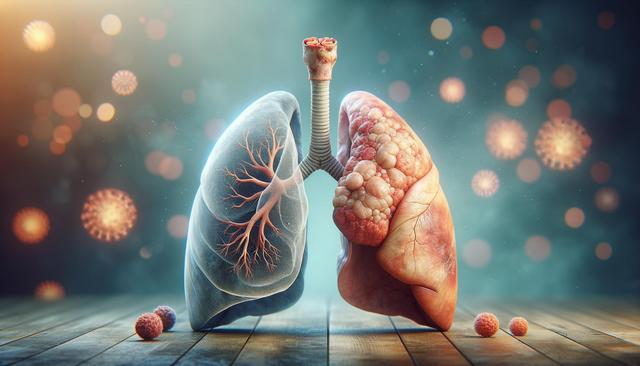Understanding Vitamins and Recognizing Signs of Lung Cancer

The Importance of Early Detection in Lung Cancer
Lung cancer remains one of the most common types of cancer worldwide, and early detection plays a vital role in successfully managing the disease. Symptoms can vary greatly among individuals, but some key signs to be aware of include a persistent cough, shortness of breath, and unexplained weight loss. Regular medical check-ups and being attentive to changes in your health can lead to early diagnosis, which can significantly improve treatment outcomes.
Recognizing the Signs: What to Look For
The signs of lung cancer can often be overlooked, especially in the early stages. Common symptoms include:
- A persistent cough that doesn’t go away or worsens over time
- Chest pain that is often worse with deep breathing, coughing, or laughing
- Hoarseness in voice
- Unexplained weight loss and loss of appetite
- Shortness of breath or wheezing
Experiencing any of these symptoms doesn’t necessarily mean you have lung cancer, but it’s important to consult a healthcare professional if these symptoms persist.
The Role of Vitamins in Lung Health
Vitamins play a critical role in maintaining overall lung health, potentially reducing the risk of developing lung cancer. Antioxidants found in vitamins such as A, C, and E can help protect lung tissue from damage. Vitamin D is also significant as it aids in cell growth regulation and immune function, which can be protective against cancer development. Maintaining a balanced diet rich in these vitamins is beneficial and can contribute to overall well-being.
Nutritional Strategies for Lung Cancer Prevention
Incorporating a well-balanced diet that includes sufficient vitamins is essential in supporting lung health and potentially lowering cancer risk. Consider adding the following foods to your diet to support lung health:
- Leafy greens like spinach and kale, rich in vitamin A
- Citrus fruits such as oranges and grapefruits for vitamin C
- Nuts and seeds that are high in vitamin E
- Fortified foods or supplements for vitamin D, especially in areas with limited sunlight exposure
A diverse diet not only boosts your immune system but also helps in protecting against cellular damage.
Consulting Healthcare Professionals
While understanding the role of vitamins and recognizing early signs is crucial, consulting healthcare professionals for personalized advice is equally important. Regular screenings for those at higher risk, such as smokers or individuals with a family history of lung cancer, can lead to earlier detection and treatment. Health professionals can also advise on suitable vitamin supplements if dietary intake is insufficient.
Conclusion
Lung cancer awareness involves both recognizing early symptoms and understanding the importance of nutritional strategies that include vitamins. By staying informed and proactive in health management, individuals can take meaningful steps toward prevention and early detection. Consultation with healthcare providers ensures that these efforts are aligned with expert guidance, offering a comprehensive approach to lung health.
